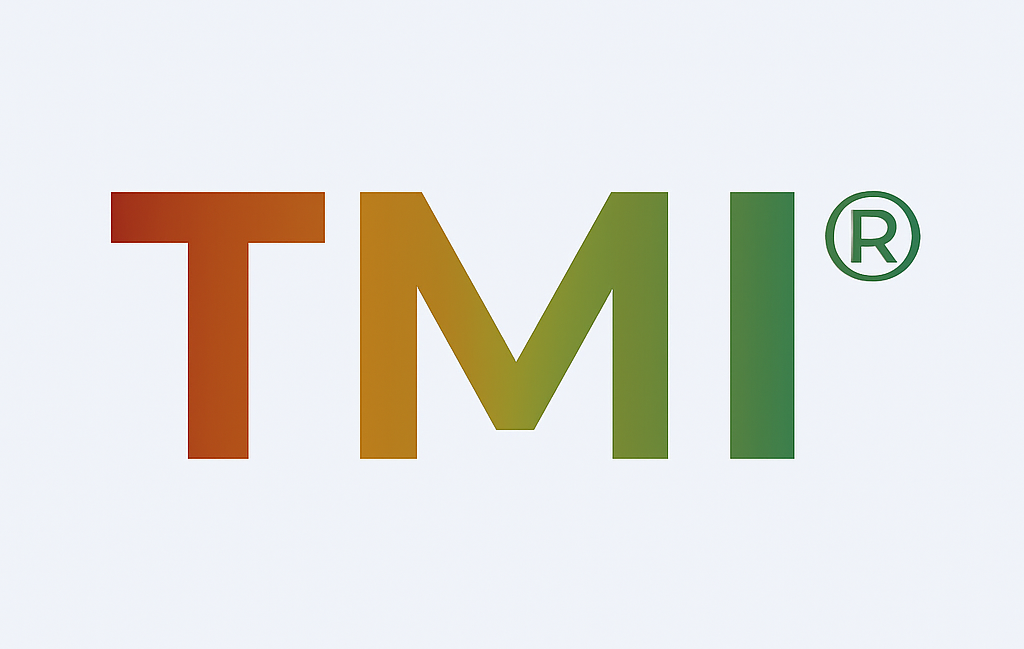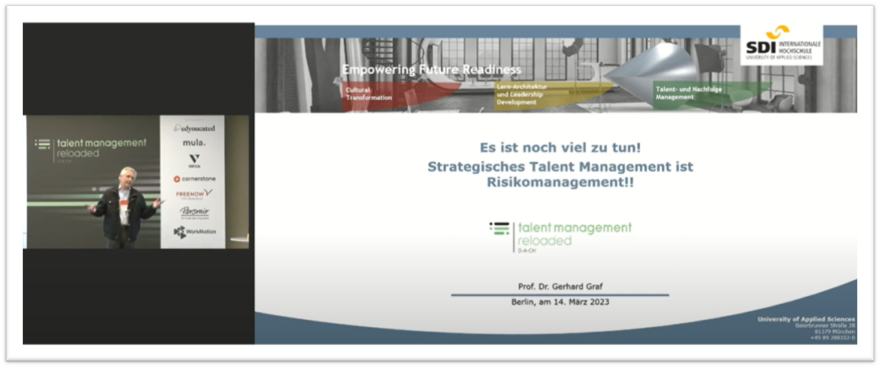Talent & succession management
We support you in establishing strategic talent management and effective succession planning in your company. Our approach combines scientific findings with tried-and-tested methods to secure key competencies in the long term.
Why talent and succession management is a top priority
Demographic change, a shortage of skilled workers and the loss of critical skills require a clear system to identify talent at an early stage, develop it in a targeted manner and secure successors in good time.
Those who act with foresight not only increase their future viability, but also their attractiveness as an employer.






